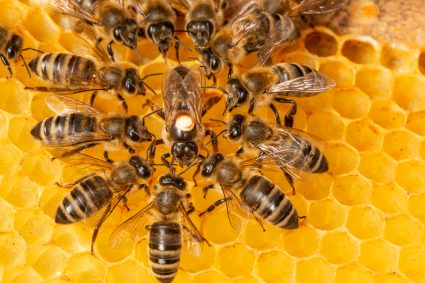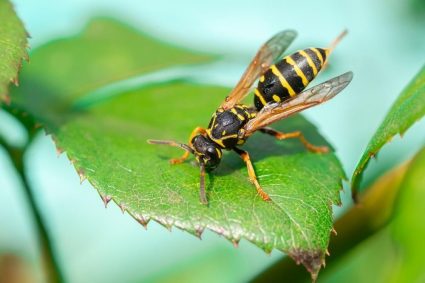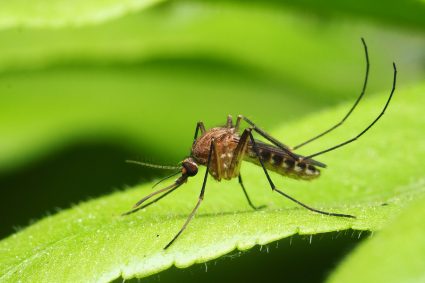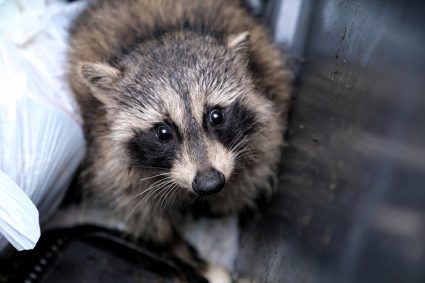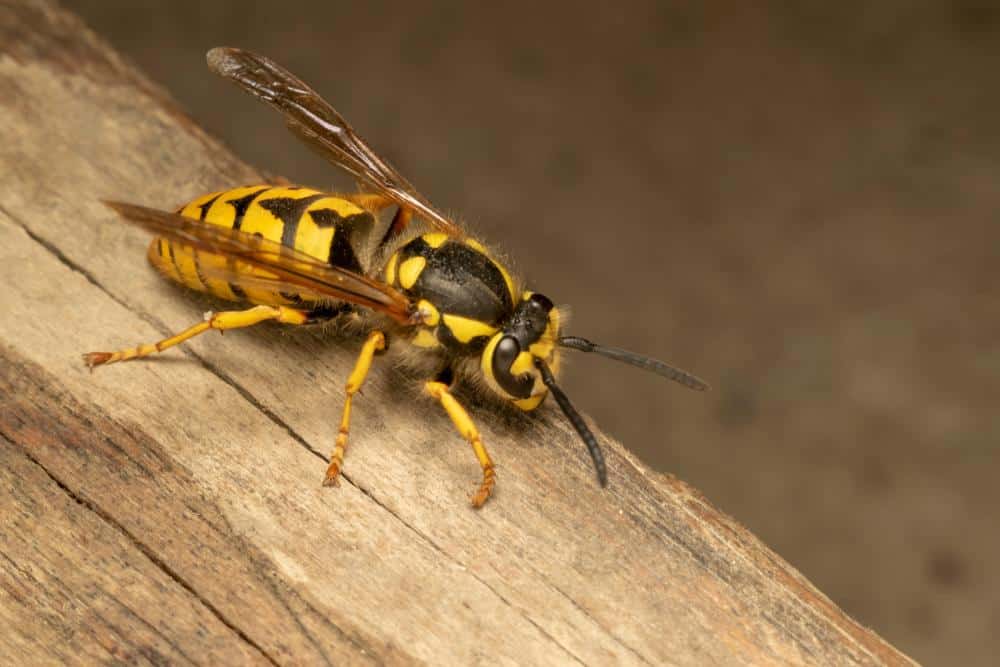
Bifen, also known as bifenthrin, is a widely-used pyrethroid insecticide that is effective in exterminating a broad range of pests, including wasps. However, understanding how it works, its application, and its potential risks is crucial for effective and safe use. This comprehensive article will provide an in-depth look at Bifen and its effectiveness in killing wasps.
Yes, Bifen, also known as bifenthrin, does kill wasps. It is a widely-used pyrethroid insecticide that exterminates a broad range of pests, including wasps, by interfering with their nervous system. However, it is not an instant knockdown for wasps and should be applied to nests in the late evening when the wasps are at rest. Always use Bifen responsibly, following the manufacturer’s instructions and taking necessary precautions.
What is Bifen?
Bifen is a pyrethroid insecticide commonly used in homes, orchards, nurseries, and the agricultural sector. Its main component, bifenthrin, constitutes 7.9% of the product, while the remaining 92.1% consists of other ingredients. Bifenthrin is a synthetic pyrethroid that mimics naturally produced pyrethrins found in chrysanthemum flowers. It works by interfering with the nervous system of insects when they eat or touch it, causing paralysis and death.
How Does Bifen Work?
As a Type I pyrethroid, bifenthrin affects the central nervous system of insects. It acts on the sodium channels of axonal membranes, decreasing sodium influx and potassium efflux. This mode of action is similar to other insecticides on the market, causing paralysis in insects. Bifen is designed to be effective by contact or ingestion, meaning that insects do not necessarily have to consume it to be affected. Insects that come into contact with a sprayed area will become exposed to the chemical and die as a result.
Is Bifen Effective Against Wasps?
Yes, Bifen is effective in killing wasps. It is known for its quick knockdown effect and long-lasting residual control of over 75 different pests. When applied, insects pick up the residual ingredient by contact, making it useful as a repellent insecticide for targeting social insects such as wasps. However, it is important to note that Bifen is not an instant knockdown for wasps, and it is recommended to apply it to nests in the late evening when the pests are at rest.
How to Use Bifen to Kill Wasps
To effectively use Bifen for killing wasps, follow these steps:
- Mix the solution: Combine one fluid ounce of Bifen IT with one gallon of water. This mixture is suitable for treating a 1,000 square feet area.
- Apply the solution: Spray the Bifen IT solution directly onto the wasp nest late in the evening when the wasps are at rest.
- Safety precautions: Wear protective clothing, gloves, and eyewear when handling and applying Bifen IT. Keep children and pets away from the treated area until the solution has dried completely.
- Monitor and reapply: Bifen IT has a residual effect that can last from four weeks up to three months. Keep an eye on the treated area and reapply the solution if necessary to maintain its effectiveness.
Potential Risks and Side Effects of Using Bifen
While Bifen is generally safe when used according to label instructions, it can still pose risks if not used properly. For humans, exposure to bifenthrin can cause irritation in the nose, throat, and lungs when inhaled. Long-term exposure to high levels of bifenthrin has been linked to bladder cancer in laboratory animals. Pets, particularly cats and dogs, are more susceptible to bifenthrin poisoning due to their smaller size, higher metabolic rate, and grooming behaviors. Bifenthrin is also highly toxic to fish, small aquatic organisms, and bees.
Conclusion
In conclusion, Bifen is an effective option for killing wasps, but like any insecticide, it should be used responsibly. Always follow the manufacturer’s instructions and take necessary precautions to protect yourself, your pets, and the environment. And remember, if a wasp infestation becomes too large or difficult to handle, it’s best to call a professional pest control service.
Frequently Asked Questions
Can Bifen be used indoors for wasp control?
Yes, Bifen can be used indoors for wasp control. However, it should be applied in areas where wasps are known to nest or frequent, and away from food preparation areas. Always follow the manufacturer’s instructions for indoor use.
How long does it take for Bifen to kill wasps?
Bifen is not an instant knockdown for wasps. After application, it may take a few hours to a couple of days for the wasps to die, depending on the size of the nest and the number of wasps present.
Can I use Bifen on my garden to kill wasps?
Yes, Bifen can be used on gardens to control wasps. However, it is highly toxic to bees, which are beneficial insects. Therefore, it’s recommended to apply Bifen in the late evening when bees are less active to minimize their exposure.
Is Bifen safe for use around children and pets?
While Bifen is generally safe when used as directed, it’s important to keep children and pets away from the treated area until the solution has dried completely. Pets, particularly cats and dogs, are more susceptible to bifenthrin poisoning due to their smaller size, higher metabolic rate, and grooming behaviors.
What other pests can Bifen control?
In addition to wasps, Bifen is effective against a broad spectrum of pests, including ants, termites, cockroaches, spiders, ticks, fleas, and many others. It offers long-lasting residual control of over 75 different pests.


